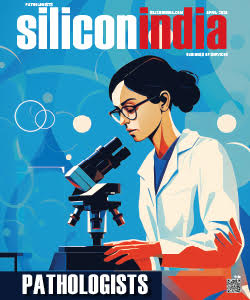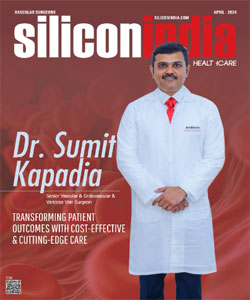Scientists Develop Drug to Protect Against AIDS
WASHINGTON: Single injection of an experimental drug may someday protect people from infection with the AIDS virus for up to three months, a U.S. study said. The study, published in the U.S. journal Science, showed that the drug called GSK 744LA can protect macaque monkeys from repeated intrarectal infections with the deadly SHIV, a hybrid between the human and monkey AIDS virus, Xinhua reported. The efficacy and safety of the drug have not been tested in humans, but David Ho, whose team at the Aaron Diamond AIDS Research Centre in New York led the study, the drug may be maintained at adequate level for about three of four months in humans.
![]() "Therefore, we believe the drug should be given once every quarter," said Ho, noting that their results "give a big momentum boost to this HIV prevention effort". In the new study, the researchers gave two injections of the drug to eight macaques and then "challenged' the animals by putting SHIV into their rectums once a week. They found none of the animals became infected after eight challenges. In a second experiment, SHIV readily infected eight untreated control monkeys.
"Therefore, we believe the drug should be given once every quarter," said Ho, noting that their results "give a big momentum boost to this HIV prevention effort". In the new study, the researchers gave two injections of the drug to eight macaques and then "challenged' the animals by putting SHIV into their rectums once a week. They found none of the animals became infected after eight challenges. In a second experiment, SHIV readily infected eight untreated control monkeys.
This novel approach was based on the proven strategy of protecting people who do not have HIV but are at high risk for infection with antiretroviral pills known as oral pre-exposure prophylaxis (PrEP). "It has been shown already that taking anti-HIV medications once a day...could protect high-risk individuals from catching HIV. However, in such an approach, most persons cannot follow the prescribed regimen with good compliance/adherence," said Ho. "With long-acting drug like 744LA, we take away this adherence problem, with the expectation that protection results would be better,' he said.
Read More: Food Combinations That Hinder Digestion



